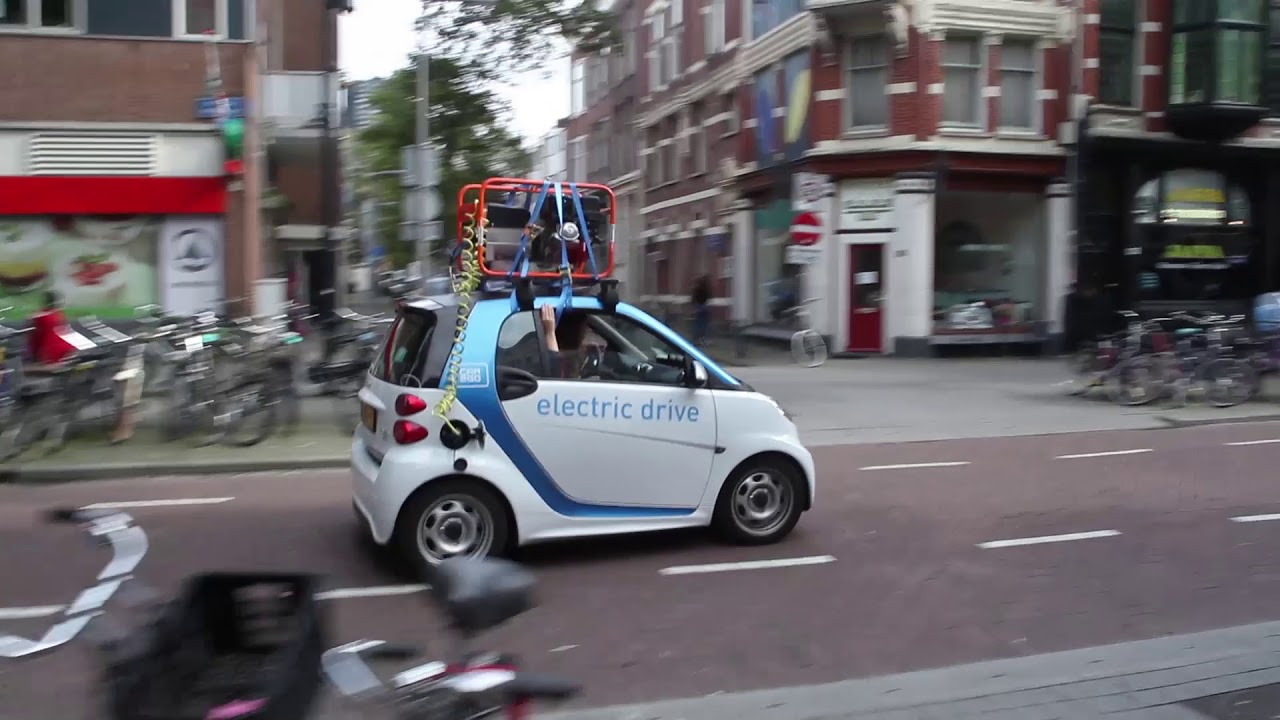Thailand has expanded incentives to boost the use of electric vehicles (EVs), the investment promotion agency said on Thursday, as the country looks to preserve its status as a major Southeast Asian auto production hub.
Duangjai Asawachintachit, head of the Board of Investment (BOI) told a news conference that small charging stations are now eligible for three-year tax benefits on top of a five-year corporate income tax exemption available to investments in charging stations with at least 40 chargers.
Additionally, a condition barring investors from receiving additional benefits from other agencies, along with a requirement for ISO certification, has been removed, she said.
The revised measures are intended to ensure that incentives remain relevant in a rapidly changing business environment, she explained.
Thailand aims to ensure that 30% of its total auto output will be EVs by 2030, with a goal of encouraging consumers to switch to electric vehicles despite a complete lack of charging stations nationwide.
According to Duangjai, overall foreign and Thai investment applications in the January-March period were worth 110.7 billion baht ($3.3 billion), a decrease of 6% from a year ago as a result of global geopolitical and economic challenges.
In the January-March period alone, foreign investment pledges alone grew by 29% to 77.3 billion baht, with Taiwan, Japan, and China as the top three investors.
Auto manufacturing is the top targeted industry, with a value of 41.6 billion baht. Agriculture and food processing are second with 12 billion baht, and electronics are third with 10.3 billion baht.
Lack of Electric Vehicle charging stations
Meanwhile, a recent survey by ABeam Consulting Thailand shows that almost three out of four Thais are not satisfied with the current electric vehicle (EV) charging infrastructure, even though there is an eagerness among drivers to switch to EVs.
The number of EV charging stations in Thailand is only around 1,000, while there are around 30,000 petrol stations.
The survey on electric cars in Thailand in October 2021 found that over half (55%) of respondents believed that owning a battery-electric vehicle (BEV) was more cost-effective than owning a conventional internal combustion engine.
The majority of respondents (48%) also believe that BEVs are reliable, while three in five (40%) say they would enjoy driving one.
Thailand’s lack of comprehensive infrastructure is the main barrier to the purchase of an electric vehicle.
The majority of electrified travelers (72%) believe there are not enough public charging stations, while 67% worry they will run out of power.
In the survey, 50% of respondents were worried about charging taking too long, and two-thirds (66%) wanted to be able to charge in less than an hour.
To make EVs viable, more than half of Thai buyers think that charging station coverage of at least 80% or more should be available nationwide, but currently, there are only 1,000 public charging stations in Thailand, compared to around 30,000 petrol stations.






